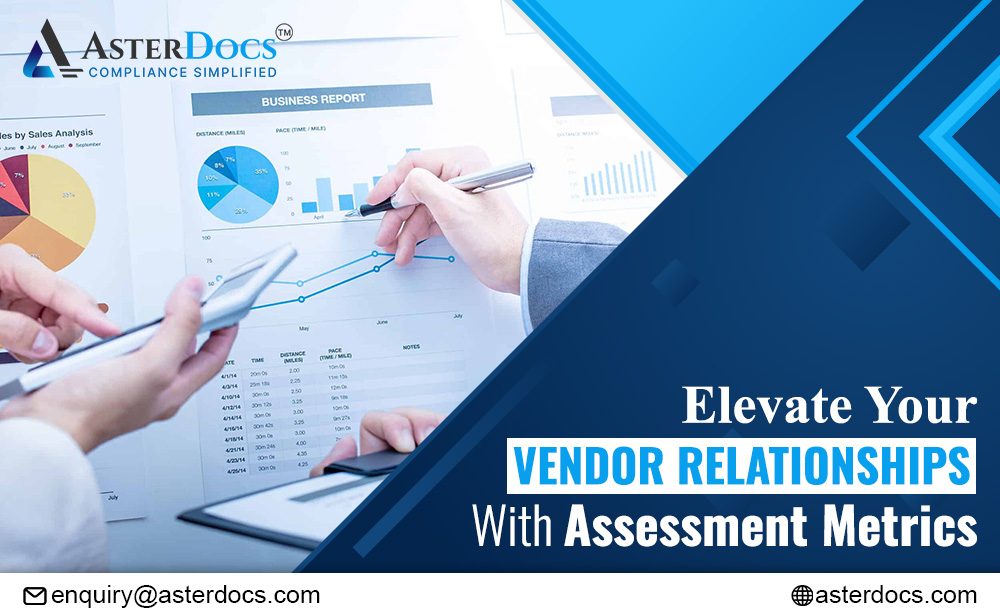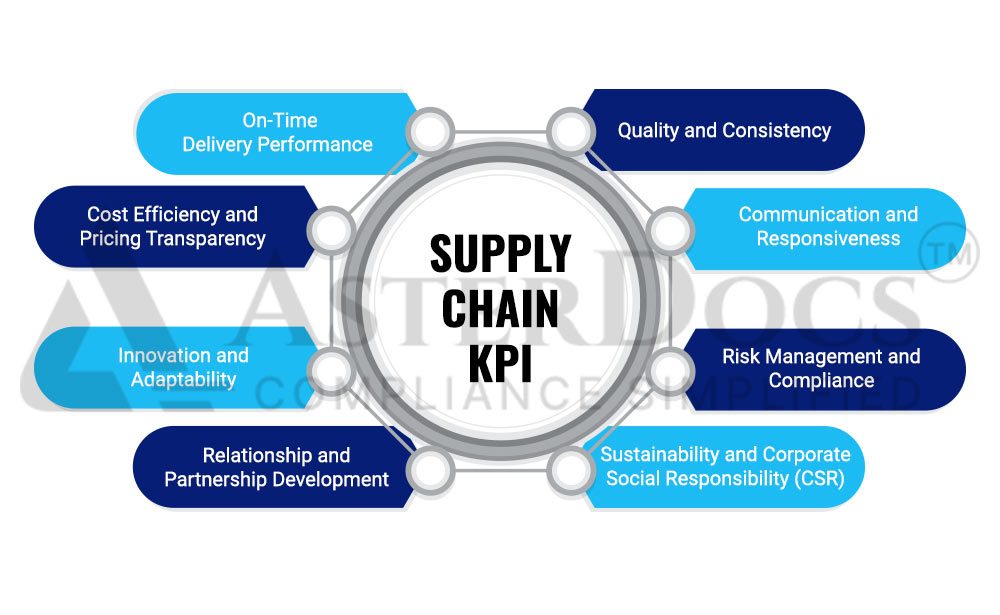Vendors play a pivotal role in the intricate dance of supply chain management. Evaluating their performance is prudent and imperative for sustaining a seamless and efficient business operation. However, the challenge lies in selecting the right metrics that truly reflect the health of your vendor relationships. In this exploration, we delve into the intricacies of vendor performance assessment, focusing on the specific metrics and key performance indicators (KPIs) that empower organizations to make informed decisions.
Key Performance Indicators for A Smooth Supply Chain
1. On-Time Delivery Performance:
One of the fundamental metrics, on-time delivery performance, gauges the reliability of your vendors. Delays can ripple through your supply chain, impacting production schedules and customer satisfaction. Evaluating vendors based on their ability to meet delivery deadlines ensures operational continuity.
2. Quality and Consistency:
Assessing the quality and consistency of delivered goods is paramount. Metrics related to product quality, conformity to specifications, and shipment consistency contribute to maintaining high standards and meeting customer expectations.
3. Cost Efficiency and Pricing Transparency:
Beyond the initial purchase cost, evaluating the overall cost efficiency of a vendor relationship is crucial. Metrics that consider the total cost of ownership, pricing transparency, and adherence to agreed-upon terms shed light on the financial impact of the partnership.
4. Communication and Responsiveness:
Smooth communication is the glue that holds a successful vendor relationship together. Metrics that measure communication responsiveness, clarity in conveying information, and the ability to address issues promptly contribute to a healthy and collaborative partnership.
5. Innovation and Adaptability:
In today’s dynamic business landscape, adaptability and innovation are essential. Metrics evaluating a vendor’s ability to adapt to market changes, introduce innovative solutions, and contribute to mutual growth provide insights into the long-term sustainability of the partnership.
6. Risk Management and Compliance:
A robust vendor should be able to manage risks effectively and adhere to compliance standards. Metrics covering risk mitigation strategies, adherence to regulatory requirements, and proactive compliance initiatives contribute to a resilient and legally sound supply chain.
7. Relationship and Partnership Development:
Beyond transactional engagements, fostering relationships and partnerships is vital. Metrics that measure a vendor’s commitment to building a collaborative and mutually beneficial partnership contribute to the overall success and longevity of the collaboration.
8. Sustainability and Corporate Social Responsibility (CSR):
As sustainability becomes a core consideration, metrics assessing a vendor’s commitment to CSR and sustainable practices are gaining prominence. Evaluating eco-friendly initiatives, ethical sourcing, and social responsibility contributes to an organization’s broader sustainability goals.
Conclusion
Choosing the right metrics for vendor performance assessment is akin to selecting the instruments for a symphony – each should play its part in creating harmony. By focusing on these key metrics, organizations can navigate the complex landscape of vendor relationships with clarity, making strategic decisions that contribute to the overall success of the supply chain. Remember, the right metrics helps in Vendor Performance Management and guide vendors toward continuous improvement and shared success.














